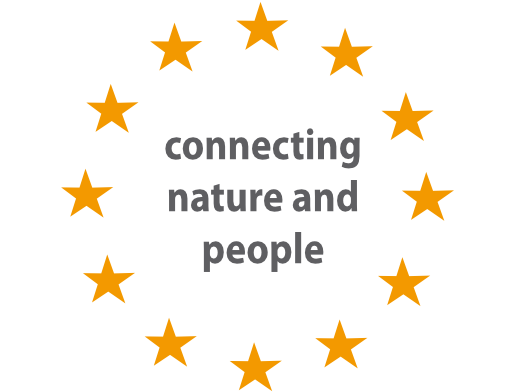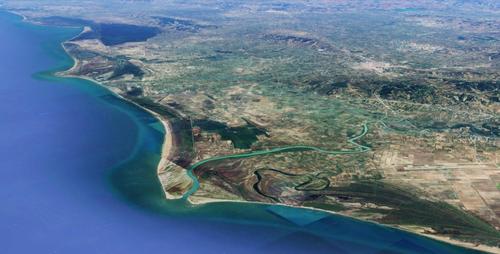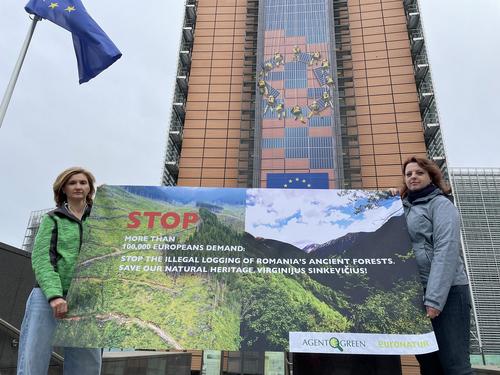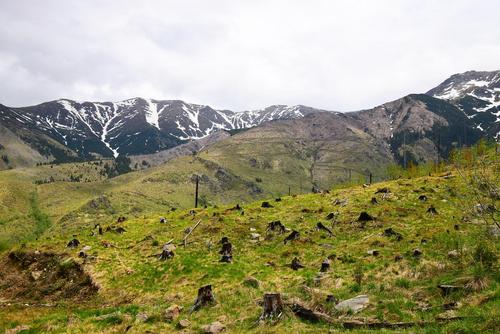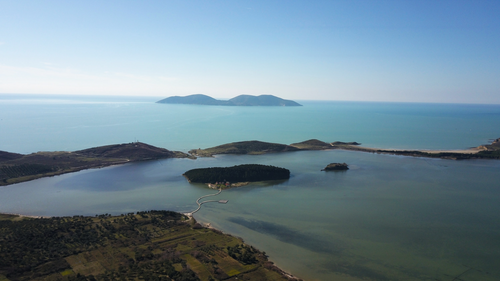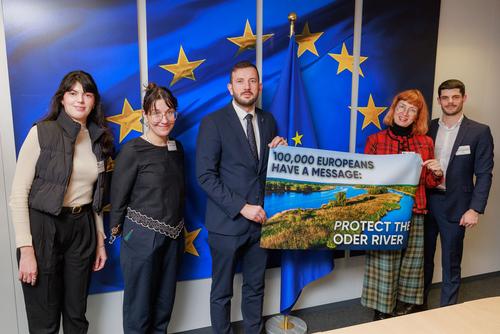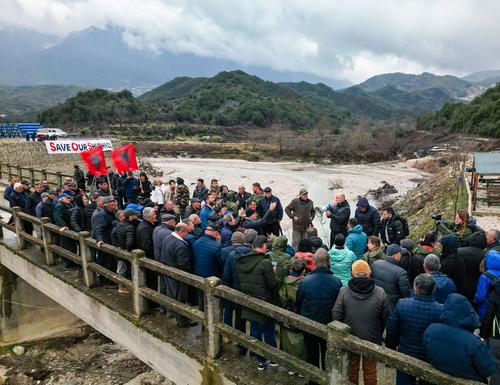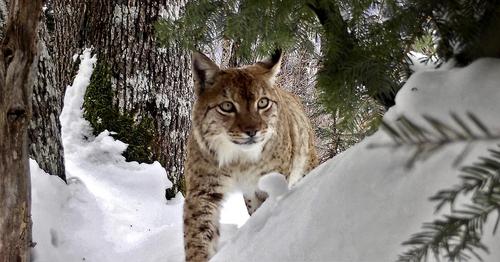The wolf whose existence was confirmed in North Tyrol, Austria, in late September this year has migrated from North East Europe. A surprise for Tyrolean authorities, who got this information as a result from DNA testing on a killed sheep. For the first time there is evidence that a wolf in Tyrol comes from that area. So far, wolves in the region have been descended from populations in the neighbouring Italy.
Searching for new territories, young wolves often cover hundreds of kilometres. In June 2009, for instance, the young wolf ‘Alan’ wandered more than 800 kilometres from its native region of Lusatia in Central Europe up until Lithuania. But because of the fast extension of traffic infrastructure, migration gets more and more dangerous not only for wolves, but also for bears, lynxes, and their prey. In many cases, they are not able to cross roads or railway lines. Like this, populations get fragmented in such small parts that they cannot survive on the long term.
For many years, EuroNatur has been pleading for the preservation and (re)construction of migratory corridors for large predators. In its recent publication “TEWN Manual – Recommendations for the reduction of habitat fragmentation caused by transport infrastructure development”, EuroNatur, together with international experts, shows how to avoid negative effects of landscape fragmentation on wild animals and their habitats. The manual helps environmentalists and road planners to find and realize effective measures against landscape fragmentation. Link to the official press release by the Tyrolean government on the existence of the wolf in this region (in German)Link to the manual “TEWN Manual – Recommendations for the reduction of habitat fragmentation caused by transport infrastructure development”

